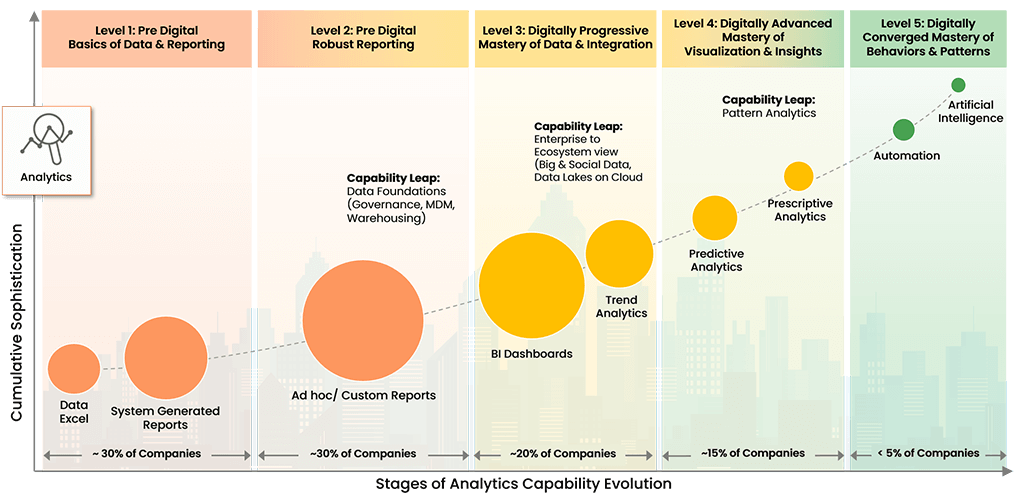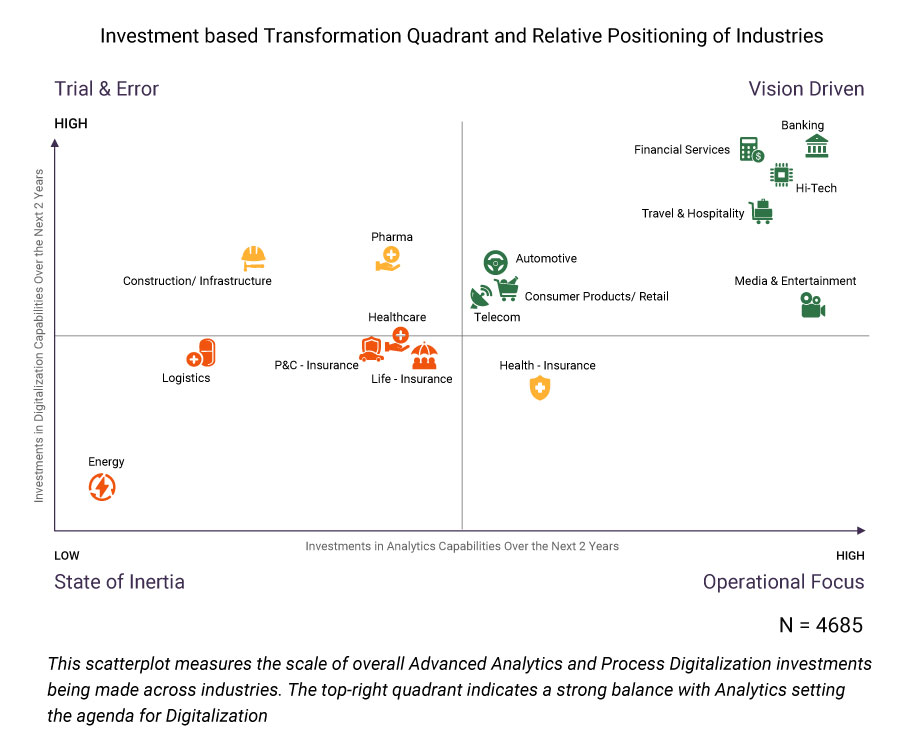Changing Consumer Lifestyles in Travel and Hospitality
The hospitality industry is sensitive to shifts in consumer lifestyles. Seafood restaurants are at
the mercy of wider social discussions around sustainable agriculture, such as with the recent
Seaspiracy documentary that prompted many consumers to stop eating fish.
Hotels and other accommodation types are reliant on painting a “perfect picture” in their online
adverts, but this perfect picture can transform in a flash for consumers. Hotels will see more
sustained impact through influencer coverage, where trust among follower bases can drive a sudden
and unexpected influx of business, or an exodus if the coverage is bad.
Recreational hospitality is also reliant on current consumer sentiment. Movie theaters are struggling
to get people through the doors, partially due to safety concerns, but more worryingly due to large
partnerships between streaming services and Hollywood creative companies. This means consumers can
get similar experiences at home, with most choosing to follow “the path of least resistance” rather
than travel outside of their homes for an experience. Sports venues, zoos, museums, and amusement
parks are also heavily impacted.
Only 7% of Companies Are Delivering on Their Transformational Initiatives
Our research has shown that 30% of companies will fail to survive this decade due to an inability to
evolve digitally. To address this negative trend, we have developed the Digital Enterprise Evolution Model™ (DEEM).
Digital Enterprise Evolution Model™

Copyright © 2022 Trianz
DEEM allows our clients to recognize digital evolution patterns, implement benchmarking and
prioritization strategies, and initiate application management protocols to satisfy stakeholder and
market requirements.
Cutting Out the Middleperson in Travel and Hospitality
The travel and hospitality industry is an excellent example of middlepersons sitting in the middle of the
value chain. These middlepersons manage transactions and relationships, providing systems and services
to offload work from hospitality firms. Commission does mean that the use of these intermediaries will
eat into the profit margins of hospitality businesses — unless they invest in creating and managing
their own self-hosted digital solutions. This presents an opportunity to adopt a direct-to-consumer
(D2C) business model, eliminating the intermediary, and constructing a digitalized platform to deliver
the hospitality product-service portfolio.
The cloud will play a large part in this, enabling data collection and analysis on a large scale.
Hospitality firms can use this data during the acquisition phase to perform real-time analytics,
generating insights that will improve customer experiences (CX). Digitalized competition through dynamic
pricing and “flash sales” is increasingly widespread, and functions to convince “on the fence” customers
to follow through on a sale by adjusting the value proposition in real time. The next wave of
digitalization will extend visibility and increase customer engagement during the acquisition phase,
leading to greater trust and confidence among consumers.
Leveraging Technology Across the Entire Hospitality Service Value Chain
Technological advancement presents a huge opportunity to overhaul and digitalize the entire service value
chain for hospitality businesses. Industry players should look to introduce applications and services
that seamlessly integrate with their customers’ digital lifestyles.
Take restaurants as an example. After reserving a table using digital platforms, upon arrival customers
fall back into non-digitalized, manual processes. Businesses must seek to digitally transform these
processes, enabling low-contact or zero-contact service provision through interconnected
consumer-business app ecosystems. This will improve efficiency and reduce costs across the entire
product-service portfolio.
Digital-first hospitality businesses are free from the dead weight of aging technologies and processes,
enabling data-driven and digitalized service provisions that focus heavily on a great customer
experience (CX). Hospitality incumbents must catch up and innovate to maintain pace, or else risk
falling behind the pack.
Vision-Driven Hospitality is the Future of the Industry
Despite ranking highly overall for digitalization, many companies in the travel and hospitality industry
are still outside the vision-driven quadrant when it comes to digital transformation. This lack of
urgency is creating a digital faultline, which separates the leaders from the laggards.
Travel and hospitality firms must engage and begin transforming their product-service portfolios and
business operations for the digital era. This will involve an end-to-end digitalization plan in addition
to a standard of excellence in execution.
Experience the Trianz Difference
Trianz enables digital transformations through effective strategies and excellence in
execution. Collaborating with business and technology leaders, we help formulate and execute
operational strategies to achieve intended business outcomes by bringing the best of
consulting, technology experiences and execution models.
Powered by knowledge, research, and perspectives, we enable clients to transform their
business ecosystems and achieve superior performance by leveraging infrastructure, cloud,
analytics, digital and security paradigms. Reach out to get in touch or learn more.


















